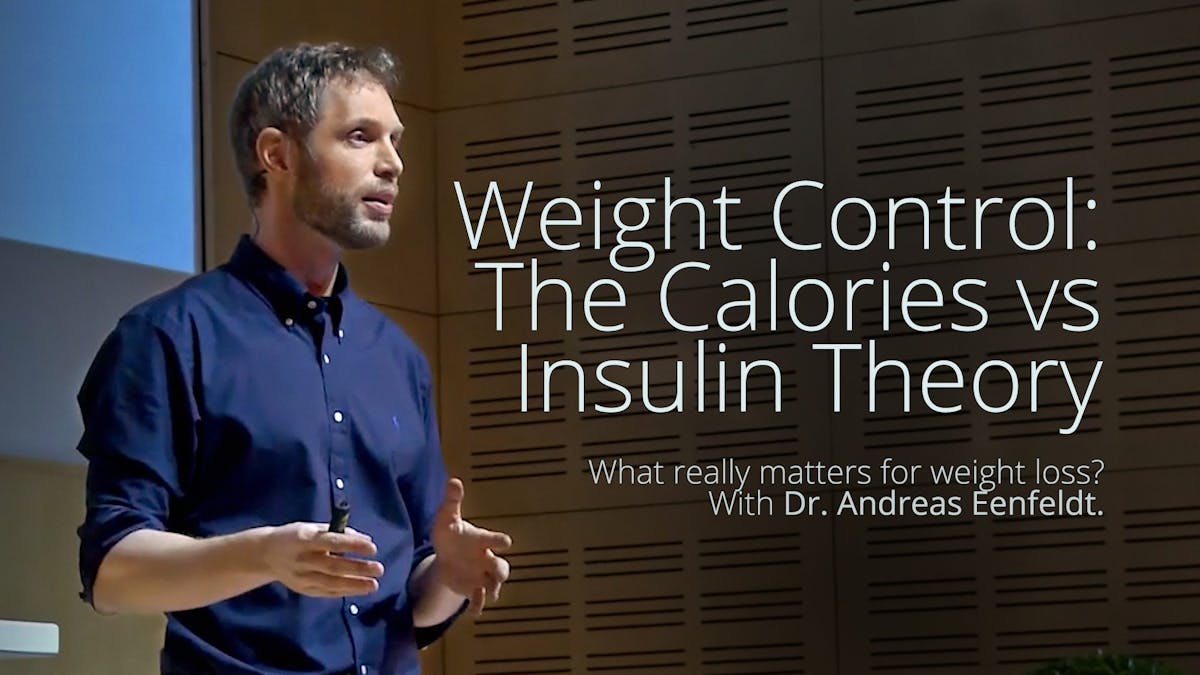How to lose weight – the “magic” vs. the insulin way

How is it possible for people to lose weight both on a low-carb diet and on an extreme low-fat, plant-based diet?
Is it because of different kinds of “magic”, as the provocative long blog post from Denise Minger argues? This is the left illustration above. Or is it all possible to explain via the effect on hormones, primarily insulin, pictured above to the right?
Dr. Jason Fung writes more about it in a new blog post:
Thoughts on the Pritikin Diet [extreme low fat]
This inspired me to update Dr. Fung’s graph. Here’s the updated way I think about the fundamental role of insulin in obesity these days:

Can my graph be improved? Feel free to tell me how in the comment section.
